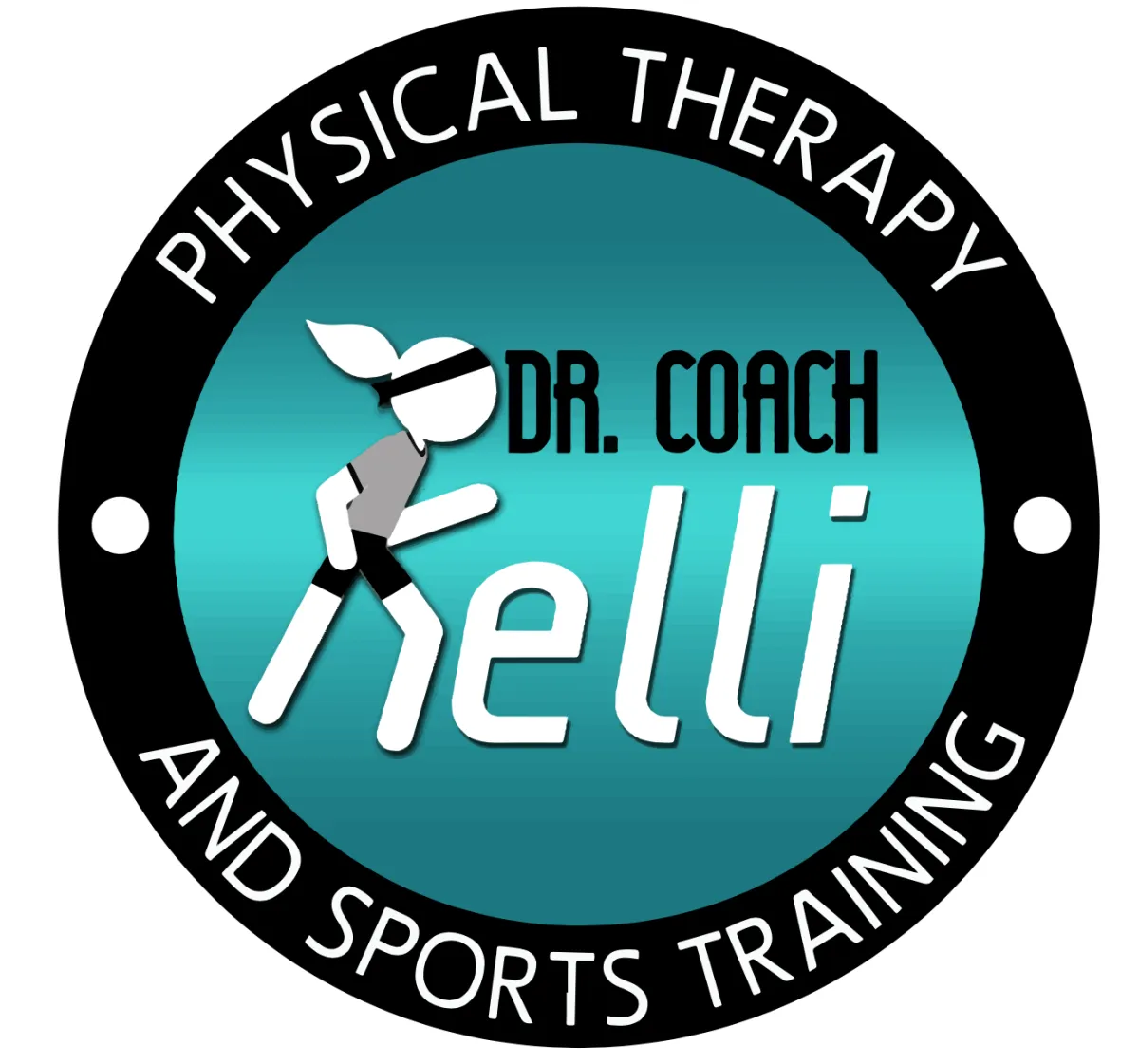185 Fairfield Ave. 1A West Caldwell, NJ 07006
call or text 973-791-8318
Dr. Kelli's Made To Move Blog

How to NOT get old
I coach our local HS girls soccer team. Our tryouts are in August, so in June, I tell the girls the fitness tests I’m going to put them through at tryouts, so they can prepare their bodies and minds for the season.
Some of those tests provide really helpful information about a kid’s skill , fitness, speed, and endurance, and provide significant insight to a kid’s mental toughness and strength (did they train all summer, and did they bring it at tryouts?) a significant mental . Some of them are meant to just help them put the miles on their legs that high school soccer will demand. For example -
Push ups - how many push ups they can do in 1 minute
Plank holds - how long can they hold a plank position
Timed mile - how fast can they run a mile
Yo-yo intermittent recovery test - how efficiently are their lungs moving oxygen around their body
Man U - how quickly can they get up and down the entire field, and can they last for 10 rounds?
The point of all of these (and telling the kids that we’re doing them all), is MOSTLY injury prevention. When tryouts roll around, these kids will be playing 2-2.5 hours of soccer a day. Anywhere from 4-8 miles a day , which could be 40 miles for the week. If they are inadequately physically prepared, of COURSE they are going to get injured.
So, it does not REALLY matter to me that they run a mile in less then 8 minutes. What DOES really matter is if they’ve spent the summer practicing that mile (and a few more) a few days a week , so their legs and hearts and lungs are USED to the VOLUME of running that soccer demands.
These are the tests for longevity and strength and frankly, frailty, I use for my patients.
Grip strength
Walking speed (and the ability to change walking speeds)
Sit to rise from the floor
Sit to stand test from a chair
Balance
Average steps/day
The tests for longevity are the same as my fitness tests for soccer. They provide a snap shot of a person’s fragility. On their own, grip strength, walking speed, the ability to get up and down off the floor, how many times you can sit down and stand up in 30 seconds, or if you can stand on 1 foot for 30 seconds, and how many steps you average in a day are NOT that important. You RARELY do those things in isolation in your life. HOWEVER, putting the volume and practice into doing those things (through strength training and functional movement training) is what REALLY matters. If we strength and mobility train, of COURSE you’re going to crush the isolation tests.
Conversely, if we ONLY spend time changing gait speeds, gripping things hard, sitting and standing fast, balancing, and getting up and down off the floor, sure, we’d see some improvement in your life, but those things done in isolation don’t necessarily correlate with your ability to do and fold laundry, reach for the big pot under the cabinets, make your bed, pee in a public bathroom, squeeze the windex or lysol to clean your windows and countertops, water your flowers, or pick up your grandkids, open a jar, etc.
We’re MUCH better off training functional movements in a multitude of ways, CONSISTENTLY than we are focusing on only performing those tests.
185 Fairfield Ave. 1A West Caldwell, NJ 07006
Phone : 973 - 791 - 8318
Fax: 866 - 300 - 8169
Clinic Hours:
Monday : 7:30am-10am
Tuesday : 8am-1pm & 3-5pm
Wednesday : Closed
Thursday : 7:30am-10am
Friday : 8am-1pm
Saturday by Appointment Only
